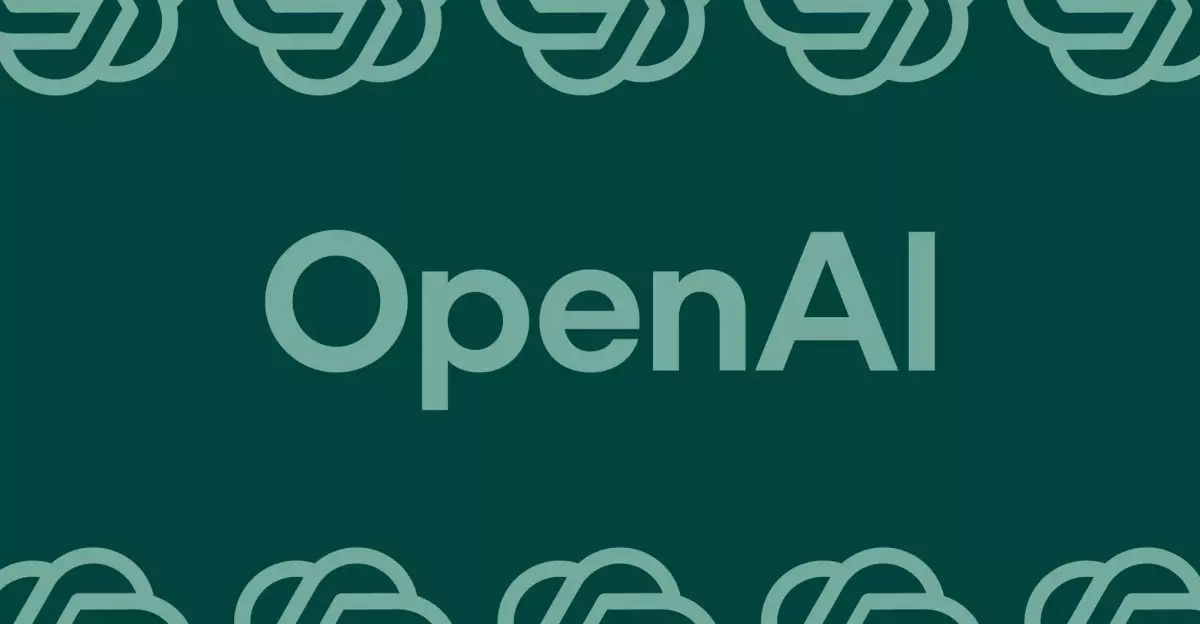OpenAI has recently unveiled its remarkable Responses API, a tool that offers developers unprecedented capabilities to create sophisticated AI agents. This development marks a crucial step forward in the realm of artificial intelligence, as it empowers developers with the essential building blocks necessary for weaving together intelligent agents. These agents aren’t just conversational bots; they have the potential to revolutionize various industries by executing complex tasks, such as searching the web, accessing files, and even operating computers autonomously. The launch of the Responses API suggests that we are entering an era in which AI can facilitate both mundane and intricate workflows, setting a new standard for operational efficiency.
Empowering Developers with Versatile Tools
Olivier Godement, OpenAI’s head of product, articulated a vision of a future where developers can craft their personalized agents tailored to specific use cases, such as Deep Research or Operator. This customization offers flexibility that was previously hindered by more rigid AI architectures. The Responses API integrates seamlessly with the established model of GPT-4o, bringing real-time web search capabilities into the mix. This innovation allows developers to pull up-to-date information directly from the internet, enhancing the AI’s effectiveness and relevance in real-world scenarios. Additionally, the tool’s ability to sift through extensive document libraries addresses a significant pain point in customer support and legal professions, where rapid access to information can lead to better service and quicker case resolutions.
Unifying AI Workflows with the Agents SDK
Alongside the Responses API, OpenAI introduced the Agents SDK. This toolkit is designed to orchestrate multiple AI components, effectively streamlining the collaboration among various agents to tackle multifaceted tasks. Nikunj Handa, a product manager at OpenAI, highlighted the utility of combining these “atomic units,” pointing out that this method allows agents to work harmoniously towards shared objectives. This coalescing of AI resources not only simplifies agent management but also enhances the overall effectiveness of the deployed solutions. In an age where task complexity is ever-increasing, the Agents SDK could be a crucial enabler of productivity.
However, it’s vital to recognize the implications of such powerful tools. The consolidation of AI capabilities may lead to new challenges, including ethical concerns and governance. With such resources at their fingertips, developers must navigate the responsibilities that come with wielding advanced AI technologies.
Transforming the Developer Experience
The Responses API isn’t just about immediate technical capabilities; it marks a paradigm shift in how developers will experience AI integration. OpenAI’s commitment to listening to user feedback from its previous Assistants API and leveraging those insights to create a more robust tool underscores its dedication to not just innovation, but innovation that resonates with real-world needs. The anticipation around the transition to the Responses API in mid-2026 indicates a strategic roadmap aimed at continuous improvement, ensuring that the tech remains relevant and deeply useful.
Moreover, with the rise of competing products in the AI space, it becomes imperative for OpenAI to maintain its leading edge. By preemptively addressing potential shortcomings and incorporating user suggestions, the company is creating a product that could not only keep developers engaged but also foster a community of innovation where users contribute to evolving its utility.
Looking Ahead: Transformative Impacts on Various Fields
The various applications of the Responses API and the Agents SDK extend far beyond mere coding and application development. Fields such as healthcare, finance, and education stand to greatly benefit from the implementation of intelligent agents. In healthcare, for instance, these agents can aggregate and present patient data in real time, facilitating quicker decision-making by medical professionals. In finance, they can manage vast data sets, identify trends, and automate responses to market changes without human intervention.
As developers harness these new capabilities, they will unlock opportunities for innovative solutions that could change the way businesses operate. The Responses API is not just a technological upgrade; it’s a herald of a future where intelligent automation becomes the norm, driving accessible yet powerful solutions across sectors. The path ahead is characterized by excitement and potential, as new tools give rise to extraordinary applications that could redefine the landscape of work and human interaction with technology.

